Expert Strategies for Working with Traumatic Memory
 Long after danger has passed, your clients may still live with trauma . . .
Long after danger has passed, your clients may still live with trauma . . .
. . . which can leave clients feeling hypervigilant, dissociative, or numb for years to come.
So to help clients heal, we need to understand what makes traumatic memory so overwhelming, and the most effective ways to work with it.
Not only that, we need strategies so clients can “unlearn” maladaptive responses to trauma.
That’s why we created a course that focuses solely on how to work with traumatic memories.
Three of the world’s top experts will share how they treat clients who have experienced trauma. This program brings together their sharpest strategies for working with traumatic memory.
Expert Strategies for Working with Traumatic Memory

How Trauma Affects the Four Types of Memory
Peter Levine, PhD Bessel van der Kolk, MD
- The Core Problem with Focusing on a Client’s Traumatic History
- How Trauma Disrupts a Client’s Ability to Make Meaning from an Experience
- The Specific Type of Memory That Trauma Can Shut Down (That Robs Our Clients of a Sense of Purpose and Direction)

Why Clients Might Feel Like Trauma Is Happening in the Present
Bessel van der Kolk, MD Peter Levine, PhD
- How to Avoid Triggering a Client’s Reactive or Protective Response When Working with Trauma
- The One Key Factor That Can Make Traumatic Memory Overwhelming (and How to Work with It)
- How Trauma Derails the Time-Keeping Part of the Brain (and One Way to Bring It Back)
- What Can Go Wrong When We’re Helping a Client Come Out of a Dissociated State

How Trauma Can Affect Procedural Memory and Create Maladaptive Patterns
Bessel van der Kolk, MD Pat Ogden, PhD Peter Levine, PhD
- How to Help Clients Become Aware of Maladaptive Procedural Memory Patterns
- Why Procedural Memories Can Be Challenging for Our Clients to Work With
- What to Do When There’s a Procedural Pattern in a Client’s Thoughts

What Can Happen When a Procedural Memory Becomes “Stuck”
Peter Levine, PhD Pat Ogden, PhD
- Two Ways to Approach Procedural Memory That Gets Expressed Through the Body
- Case Study: Working with a Symptom When There’s No Memory of Trauma
- How to Work with Traumatic Memory That Forms at a Preverbal Level

Four Strategies to Help Clients Tolerate and Process Traumatic Memory
Pat Ogden, PhD Bessel van der Kolk, MD
- How to Help Clients “Unlearn” Maladaptive Responses to Trauma
- How to Build Up Inner Resources to Prevent Overstimulation and Shutdown
- How to Uncover “Survival Resources” and Transform a Traumatic Memory
- How to Help Clients Change Their Orienting Habits to Feel Calmer
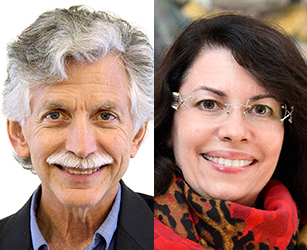
Critical Insights on How to Work with Traumatic Memory
Ron Siegel, PsyD Ruth Lanius, MD, PhD
- How to Help Clients Learn to Differentiate Between the Past and the Present
- How to Help Clients Create a “Grounding Kit” to Soothe the Flashback Experience and Bring Them Into the Present Moment
- Case Study: When a Flashback Is a Form of Self-Punishment

Key Concrete Practices for Addressing Trauma Memories
Joan Borysenko, PhD Bill O’Hanlon, LMFT
- How to Regenerate the Hippocampus to Help Clients Repair Memory after Trauma
- Two Techniques to Help Clients Who Have Experienced Trauma Reorient to a Hopeful Future
- Making Meaning Out of Trauma: A Case Study
Register Here for $197
and get all the videos, audios, transcripts, learning tools, plus 2 bonuses
to help you work more effectively with a client’s traumatic memory
Up to 2.75 CE/CME Credits or Clock Hours are available for purchase at checkout.
Click HERE to get information about CE/CME credits and clock hours as well as speaker disclosures
For This Short Course on Expert Strategies for Working with Traumatic Memory, We Brought Together Some of the Top Experts in the Field
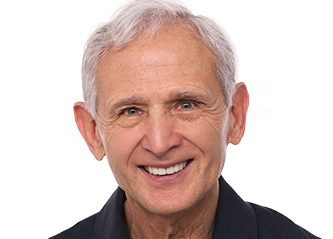
Peter Levine, PhD
Founder of Somatic Experiencing; Author of Trauma and Memory: Brain and Body in a Search for the Living Past: A Practical Guide for Understanding and Working with Traumatic Memory.

Pat Ogden, PhD
Pioneer in Somatic Psychology; Founder and Director of Sensorimotor Psychotherapy Institute (SPI); Co-founder of the Hakomi Institute; Author of Sensorimotor Psychotherapy: Interventions for Trauma and Attachment.

Bessel van der Kolk, MD
Neuroscientist and Professor of Psychiatry at Boston University Medical School. Author of The Body Keeps the Score: Brain, Mind, and Body in the Healing of Trauma.
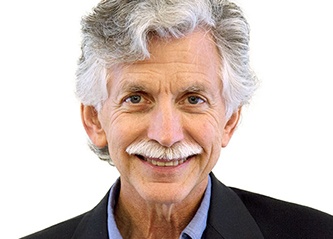
Ron Siegel, PsyD
Assistant Professor of Psychology, part time, Harvard Medical School; Author of The Mindfulness Solution: Everyday Practices for Everyday Problems and Sitting Together: Essential Skills for Mindfulness-Based Psychotherapy.

Joan Borysenko, PhD
Founder of Mind/Body Health Sciences LLC; Author of New York Times Bestseller Minding the Body, Mending the Mind.

Bill O’Hanlon, LMFT
Co-developer of Solution-Oriented Therapy; Psychotherapist, speaker, and author of Do One Thing Different: Ten Simple Ways to Change Your Life.

Richard Schwartz, PhD
Founder of Internal Family Systems (IFS) and The Center for Self Leadership; Author of Introduction to Internal Family Systems.

Course Director
Ruth Buczynski, PhD
Here's What You'll Get:
Everything is yours to keep forever in your professional library
|
|
Downloadable videos so you can watch at your convenience, on any device |
|
|
Audio recordings you can download and listen to at home, in the car, at the gym or wherever you like |
|
|
TalkBack Segments to distill key ideas (this is where we “land” the session) |
|
|
Next Week in Your Practice sessions to give you concrete strategies to use with patients |
|
|
Professionally-formatted transcripts of the sessions, to make review and action simple |
|
|
Two downloadable bonus videos to help you work more effectively with traumatic memory |
Get 2 Bonuses That Give You Even More Strategies for Working with a Client’s Traumatic Memory
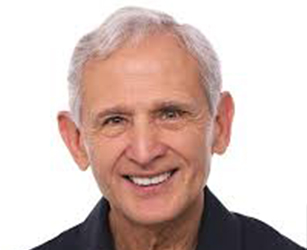
How to Work with Emotional and Procedural Memory in the Case of Preverbal Trauma
Peter Levine, PhD
- How Procedural Memories of Trauma Get Trapped in the Body
- How the Body Tells the Story of Trauma
- Working with Procedural and Emotional Memories to Resolve Trauma

Working with a Client’s Inner Systems to Heal Trauma
Richard Schwartz, PhD
- How to Interview and Disarm Your Client’s Inner Critic to Create Space for Healing
- How to Help Clients Develop an “Inner Leader” and Respond to Destructive Parts of Their Inner Life with Greater Mindfulness and Compassion
- The 8 C’s of Self-Leadership (and How They Can Help Patients Heal)
- Why the Most Playful, Carefree, Loving, Trusting, and Creative Parts of Us Are Most Vulnerable to Trauma’s Impact
Register Here for $197
and get all the videos, audios, transcripts, learning tools, plus 2 bonuses
to help you work more effectively with a client’s traumatic memory
Up to 2.75 CE/CME Credits or Clock Hours are available for purchase at checkout.
Click HERE to get information about CE/CME credits and clock hours as well as speaker disclosures
Plus, You’ll Get Practical Tools to Help You Take Action Immediately and Effectively
Synthesize Key Concepts So You Can Use Them Immediately
In the TalkBack Session, Ron Siegel, PsyD and Ruth Lanius, MD, PhD join me to dig more deeply into the key ideas. Our job is to make yours easier by streamlining the information and making sure each point is crystal clear. We’ll clarify critical concepts and break it all down so you can gain confidence in your understanding.
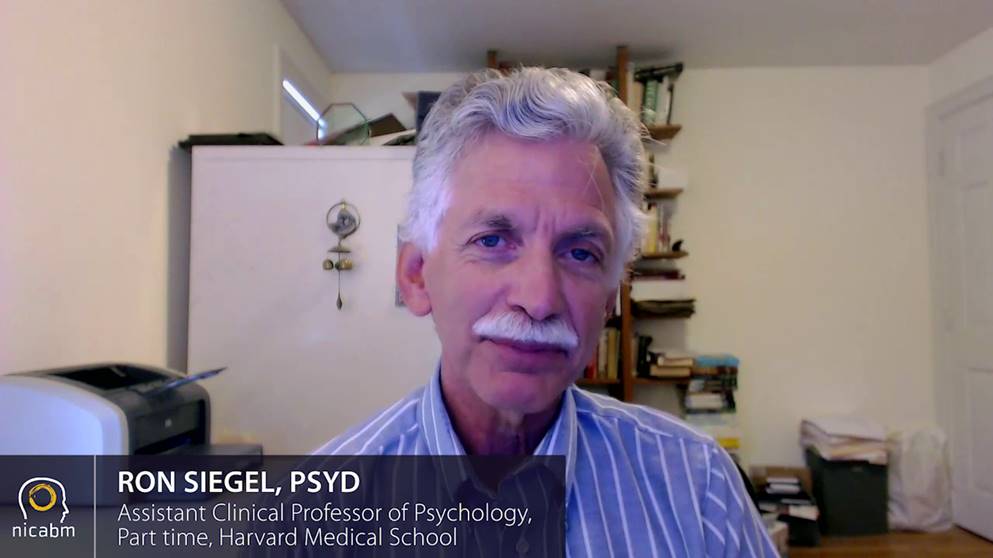
Discover Concrete Practices That Will Work in Your Life (and with Your Patients)
Then, with “next week” in mind, we’ll turn smart ideas into easy-to-use applications for your work. In Next Week in Your Practice, Joan Borysenko, PhD and Bill O’Hanlon, LMFT join me to give you specific practices and exercises based on each session. You’ll get strategies you can use with your clients right away.
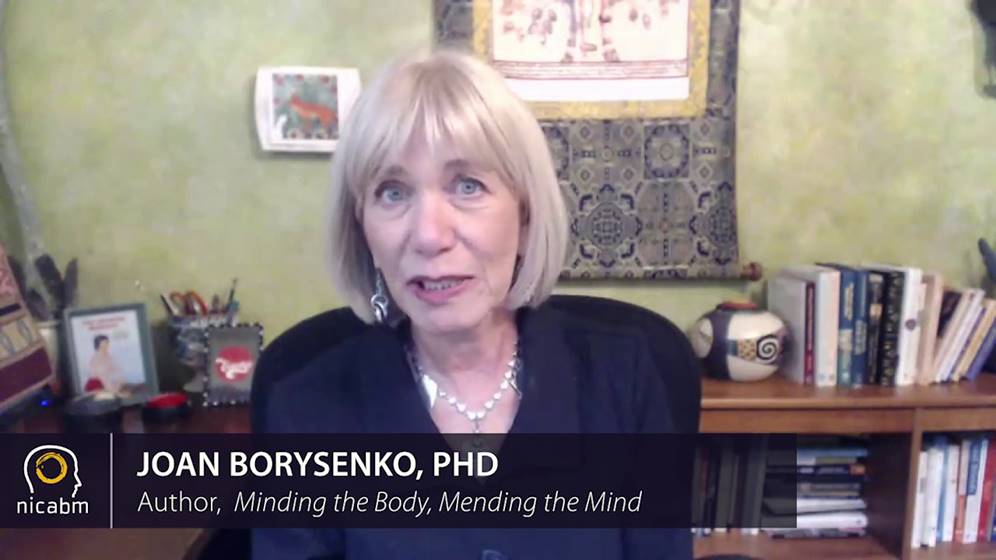
Uncover Core Ideas and Techniques at-a-Glance So You Have a “Cheat Sheet” When You Need It Most
The QuickStart Guide will help you stay fresh and confident as you turn these teachings into action. We’ve gathered all the essential tools and methods from the program into a concise, easy-to-use guide so you can quickly review and apply these ideas when you need them most. It’s an at-a-glance reference to the most powerful concepts and strategies for working with patients who have experienced trauma.

Quickly Recall Crucial Details So You Can Apply Them with Confidence
Our Professional Transcript will help you reinforce key ideas so you can integrate them into your life and work. We’ve designed your transcript with an easy-to-use table of contents, clear, organized formatting, and helpful highlight quotes so you’ll have the information and exercises you need at your fingertips.

Here's What Your Peers Have Experienced In NICABM Programs

. . . instrumental in opening my mind and heart to understanding trauma.
“These seminars have been instrumental in opening my mind and heart to understanding trauma. They are brief and accessible and of such high quality that I’ve been able to glean real understanding and a starting point for further study. I can’t say enough about them. I have recommended them to so many of my colleagues and they say the same things I do about them. Thank you Ruth!”
Angela Lawrence, Drug and Alcohol Counselor
British Columbia, Canada

The material covered has . . . fully supported my purpose, enhancing my knowledge of the theories behind the actions taken.
“I am a soldier, who works with other soldiers and their families (The PTSD Retreat), in reference to PTSD. We, as soldiers, are all taught the very basics of PTSD, in what we call “death-by-PowerPoint,” but it never goes beyond this. Indeed, it is repeated over and over, without change, and it rarely if ever gets to the families. The material covered in here has fully supported my purpose, enhancing my knowledge of the theories behind the actions taken. I am so grateful to have been able to follow this series and look forward to furthering my education with this entity. Thank you”
D. Nicole Johnson, Drug and Alcohol Counselor
Starr Founder, The PTSD Retreat
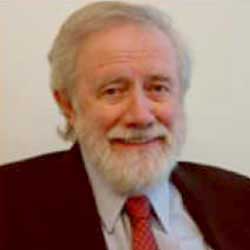
. . . very cost effective and practical . . .
“These programs offer a broad spectrum of both information and specific guidelines with top experts in different fields of addressing human suffering. All in a very cost effective and practical way. Rather than thousands of dollars spent on the cost of conference I can learn in the comfort of my own home or office, on my own schedule. Certainly recommend any of these series to my colleagues.”
Ian Macnaughton, PhD, Psychotherapist
Vancouver, BC, Canada
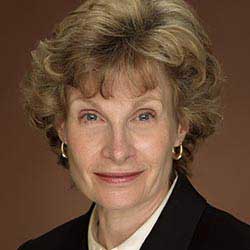
My clients have been able to build their confidence. . .
“My clients have been able to build their confidence in their ability to self-regulate on their own in pretty difficult situations, including work and family of origin situations. Their success has then built their self-esteem as they can see that they can be successful in changing some fairly habitual ways of interacting and hurting themselves. It is a positive cycle that builds upon itself”
Nancy Lasater, MSW, LCSW
Boulder, CO
Why the Transcript Is Essential:
- The transcript makes it easy to go back and double check concepts, citations and names that are mentioned
- We put in a table of contents to make it easy for you to find the exact part of the webinar you need
- Having the concepts already written allows you to take notes on how you’re going to use the ideas rather than transcribing the ideas
- Some people simply learn better by reading than by listening or watching
- You will be able to print out and share techniques presented in the session with your patients

“I really liked being able to follow along with the transcripts as I listened…it was nice not to feel like I had to take notes. I really feel like I remember more when I both hear and see at the same time.”
Mary Ellen McNaughton, Masters in Counseling, Psychology Counselor
Kelowna, British Colombia, Canada
You Are Protected By
NICABM’s Money-Back Guarantee
We invite you to register for this comprehensive training program without any risk. Unless you are completely satisfied, we will refund your money. Just let us know within 30 days from the date of registration. We are that confident that you will find this information to be more than you expected.
Register Here for $197
and get all the videos, audios, transcripts, learning tools, plus 2 bonuses
to help you work more effectively with a client’s traumatic memory
Up to 2.75 CE/CME Credits or Clock Hours are available for purchase at checkout.
Click HERE to get information about CE/CME credits and clock hours as well as speaker disclosures
